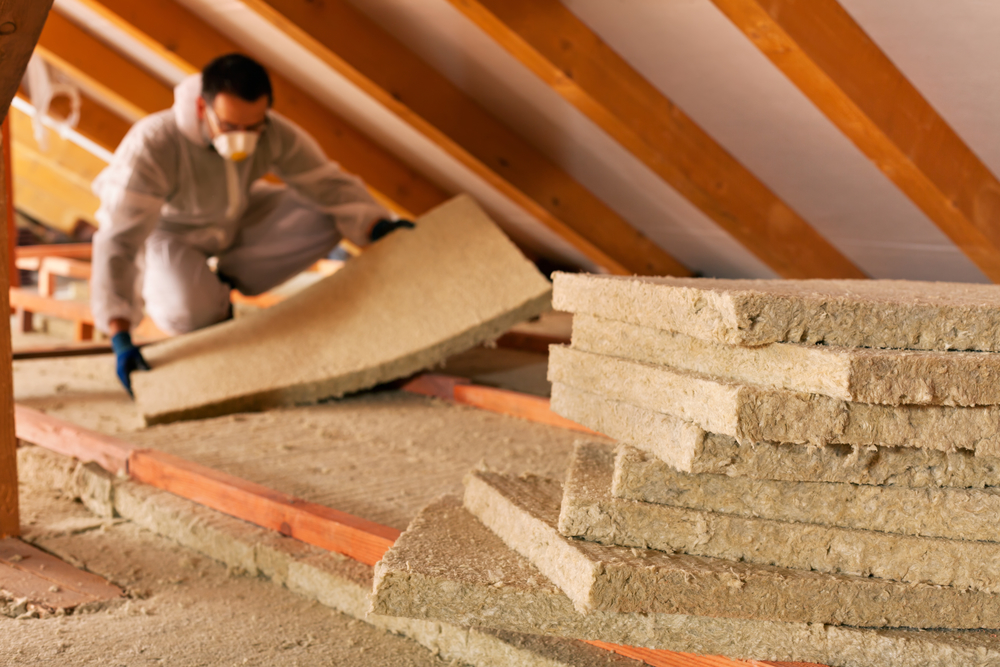Energy poverty rose sharply in 2024 as government support ended

More Dutch households struggled with paying their energy bills and with poor home insulation last year, figures from national statistics office CBS and research institute TNO show. In total, 510,000 households were affected by “energy poverty”, nearly 180,000 more than in 2023,
This represents 6.1% of all households and marks a significant rise after temporary government support measures – introduced to offset the impact of soaring energy bills at the end of the coronavirus pandemic – expired.
Energy poverty is defined as a combination of low income, high energy bills and/or poor housing insulation, leading to high heating costs during the winter.
The affected households spent on average 11.5% of their income on energy last year, more than twice the national average.
The rise in 2024 followed the end of several compensation schemes introduced during the energy crisis. In 2022, when gas prices surged, the government introduced one-off energy allowances of up to €1,300 for low-income households.
All households also received two monthly discounts of €190 on their bills that year and in 2023, the government also imposed a price cap on electricity and gas.
“Energy prices were lower in 2024 than during the crisis,” TNO researcher Anika Batenburg told broadcaster NOS. “But they are still structurally higher than before. That’s one reason why we’re now seeing an increase.”
Single-person households and people on benefits or pensions were most likely to experience energy poverty.
Thank you for donating to DutchNews.nl.
We could not provide the Dutch News service, and keep it free of charge, without the generous support of our readers. Your donations allow us to report on issues you tell us matter, and provide you with a summary of the most important Dutch news each day.
Make a donation